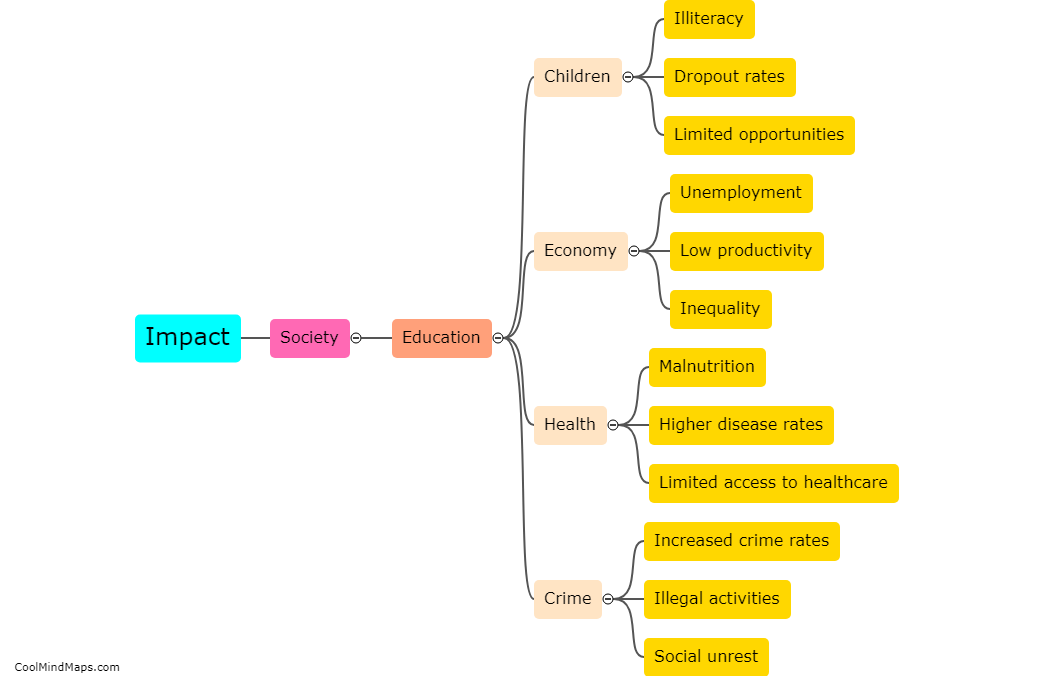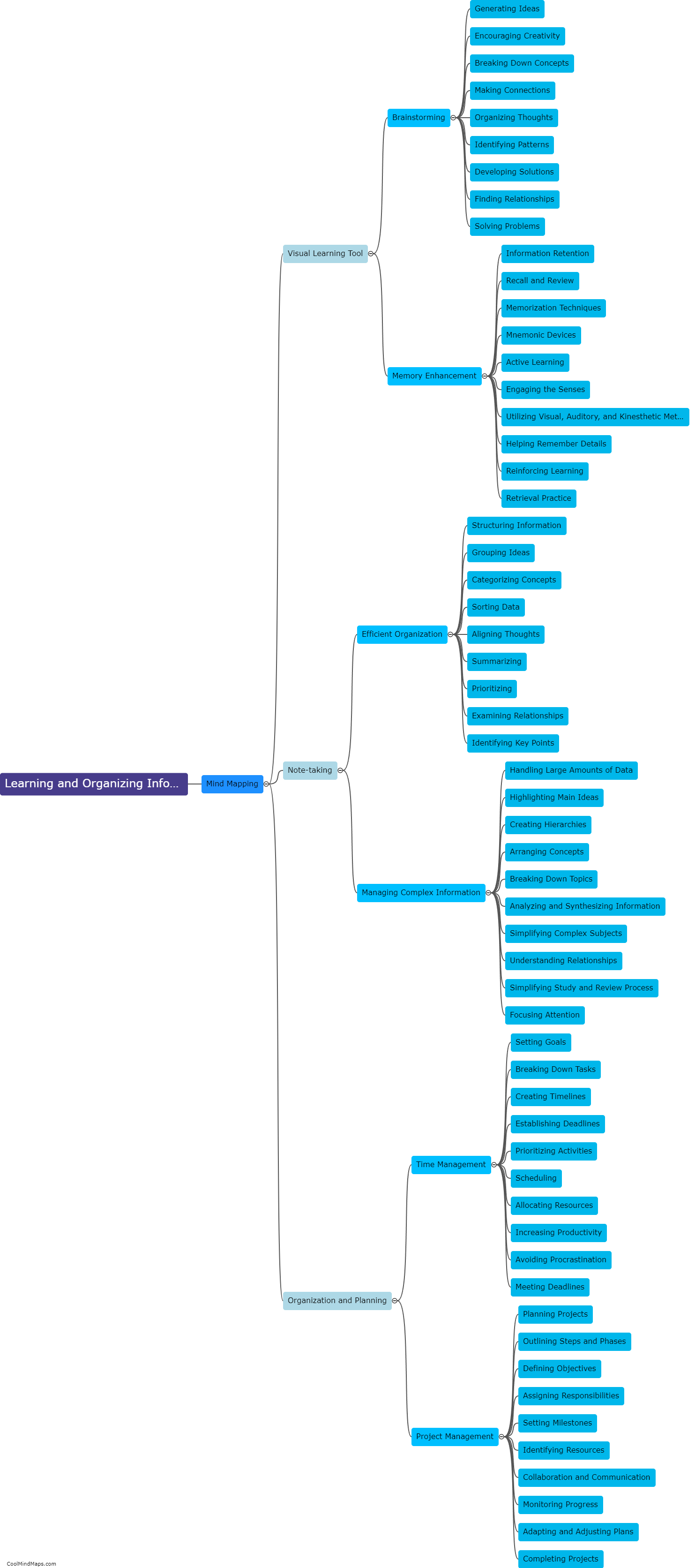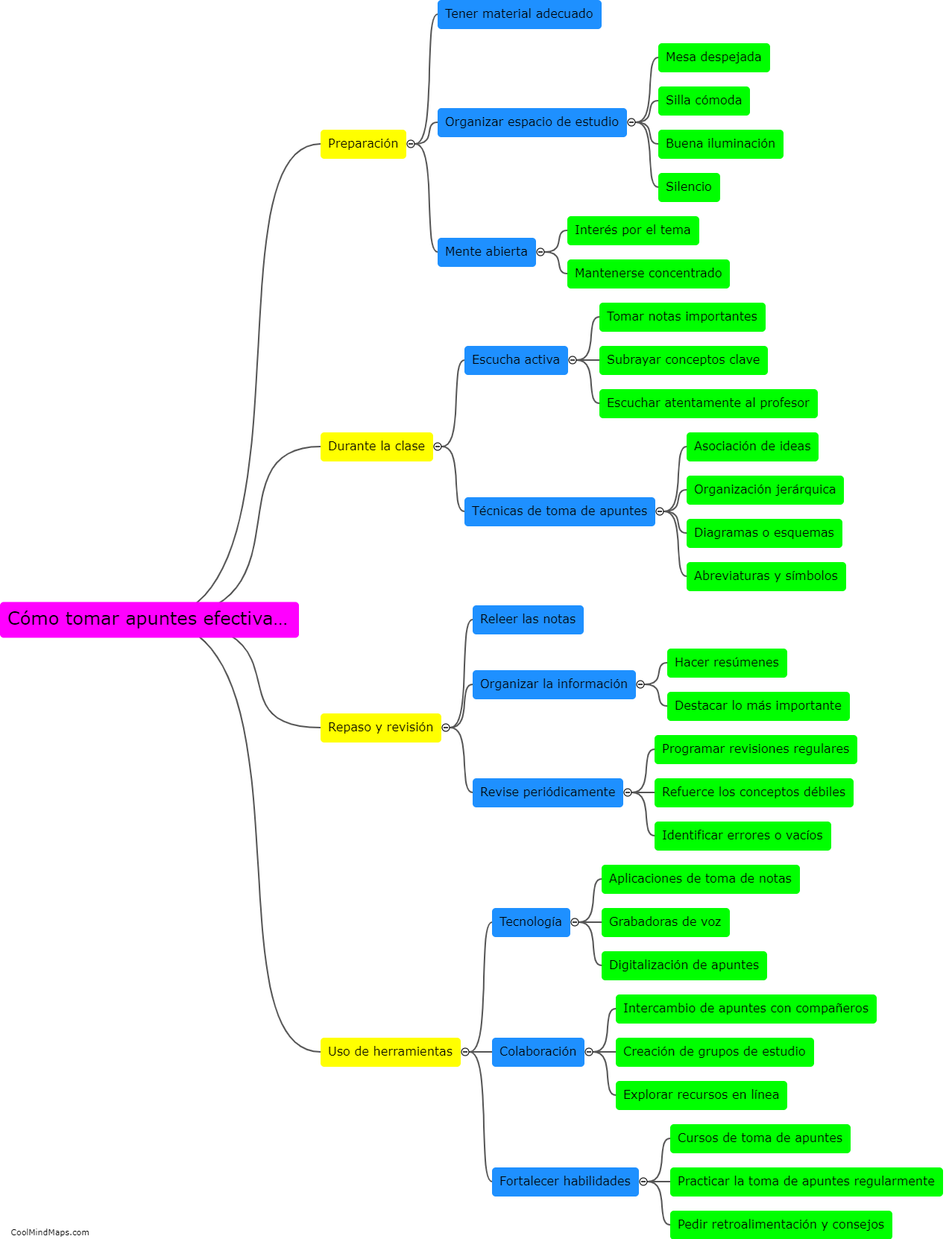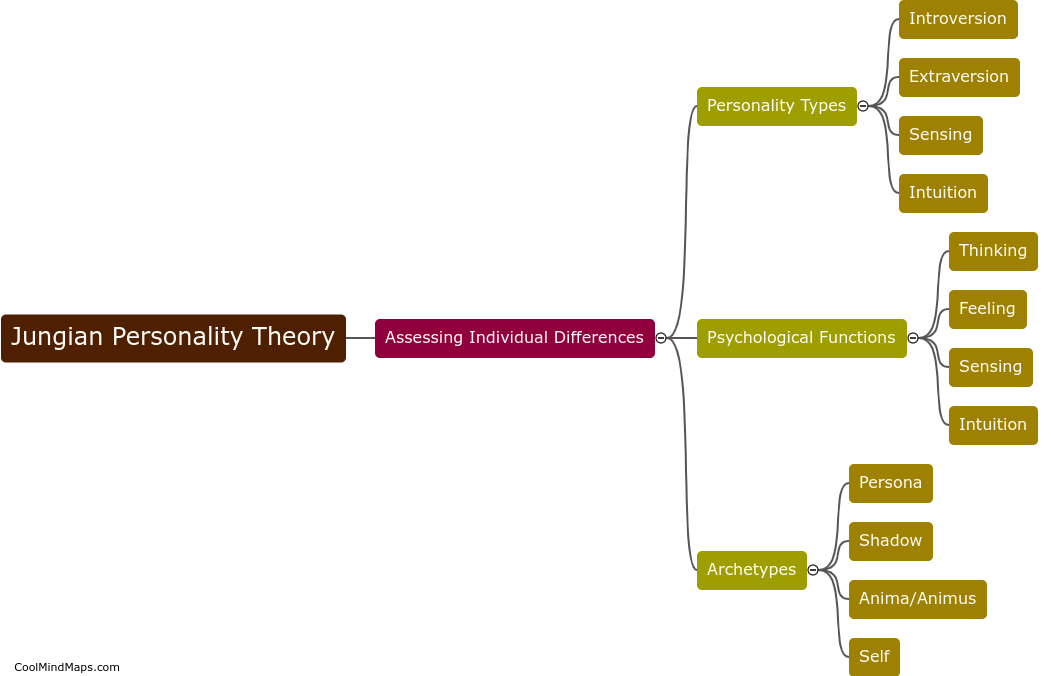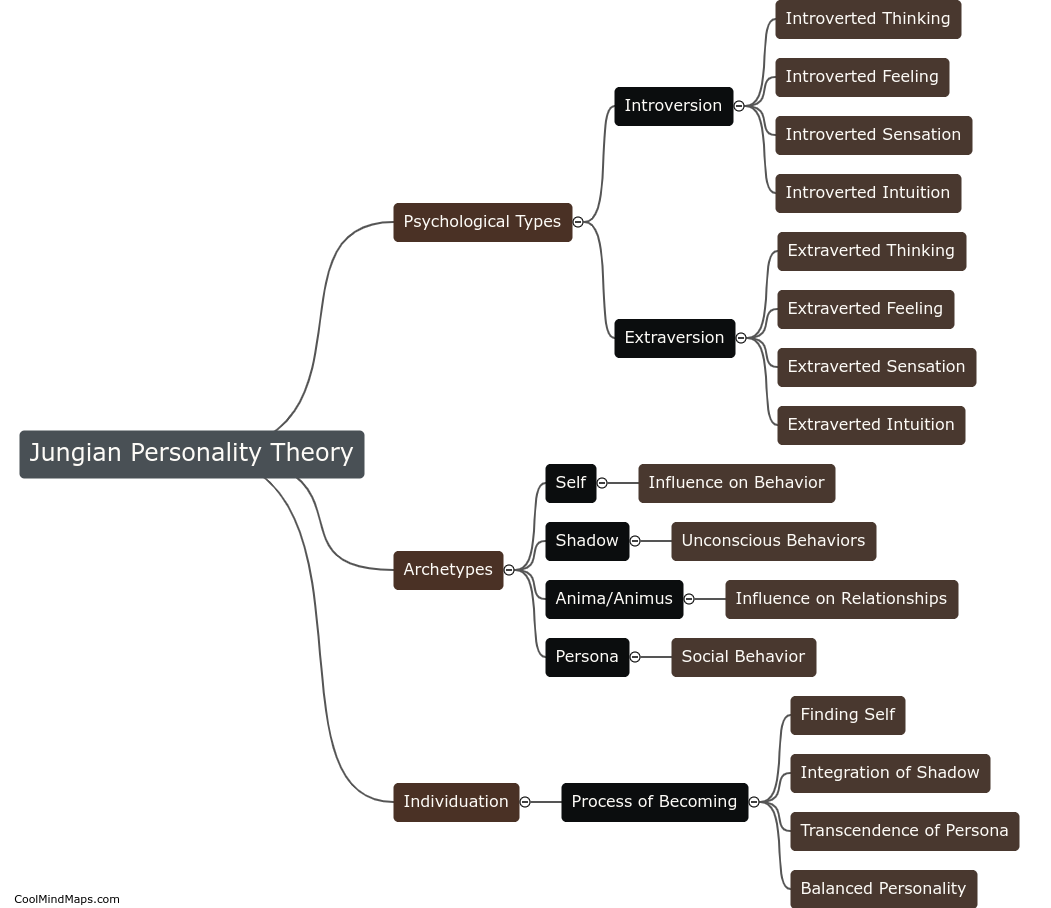What are the key concepts of Jungian personality theory?
Jungian personality theory, developed by Swiss psychiatrist Carl Jung, encompasses several key concepts that provide insight into human personality and individual growth. One central concept is the idea of the collective unconscious, which refers to a reservoir of shared thoughts, images, and symbols that are inherited and play a significant role in shaping an individual's behavior and personality. Another important concept is archetypes, which are universal symbols or themes that are present in the collective unconscious and influence our thoughts, behaviors, and emotions. Additionally, Jungian personality theory emphasizes the notion of the persona, representing the social mask individuals present to the world, as well as the shadow, which embodies repressed and unconscious aspects of one's personality. These concepts, among others, contribute to a comprehensive understanding of personality, personal growth, and the quest for individuation.
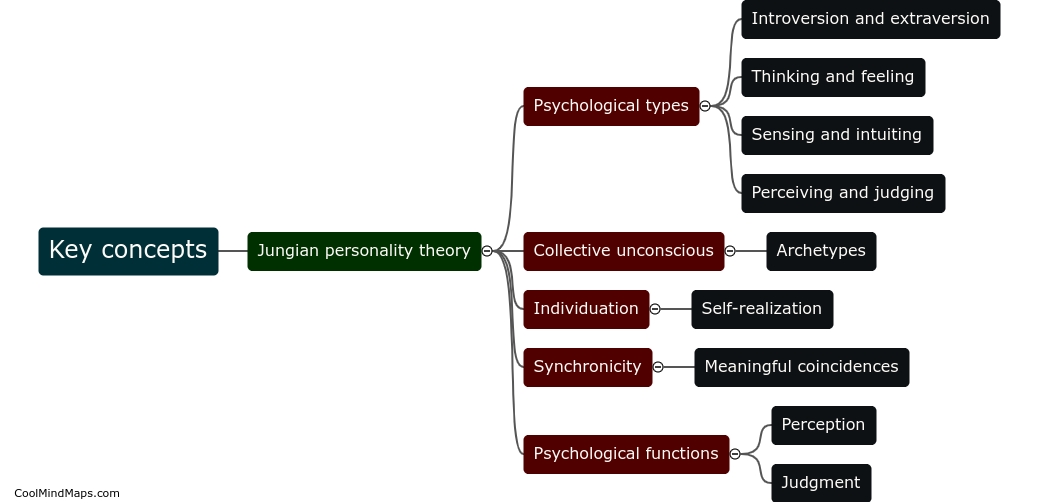
This mind map was published on 7 August 2023 and has been viewed 115 times.


